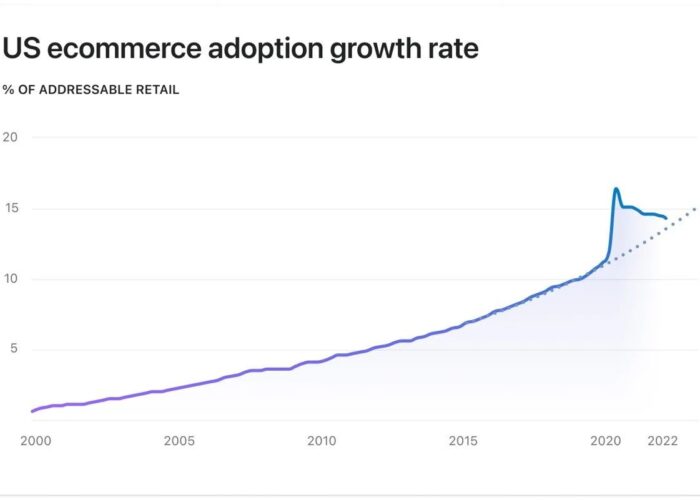Consumer product business owners and entrepreneurs pursuing growth face a number of important decisions. Often, the product path seems clear: an idea for a product (or family of products) that the entrepreneur knows is an “item”, one that he or she is certain has significant market potential. And the market response, whether early in the company’s life cycle, or perhaps over time, is validating this thesis.
However, where the product is sold – your sales channels – can have an important impact on growth, profitability, control over your brand, and, ultimately, the valuation of your business.
Generally speaking, the consumer marketplace recognizes a few different groups of sales channels, including “big box” retailers, specialty retailers, regional retailers, “dealers” (smaller more specialized niche retailers, heavy on knowledge and service), and eCommerce / internet sales. Amazon (and increasingly other retailers) straddles across several of these categories, with several different channel options ranging from you controlling your own sales and fulfillment on an Amazon storefront all the way to Amazon owning your inventory much like a big box retailer.
The tradeoffs for your business across these channels can be stark. Often, a business owner who prefers control over his/her brand, pricing, and gross margins, will shun a big box approach and sell strictly from a Company-controlled website and perhaps smaller, more knowledgeable service oriented dealers. However, finding the right formula for SEO / growth can be expensive and arduous, and achieving necessary scale can be difficult.
The other end of the sales channel spectrum has its own opportunities and risks. Big box ladder plans and purchase orders for the right products can be in the tens of millions of dollars per year. However, big box vendor agreements contain many provisions that eat into gross profits: in-store “marketing” costs, return provisions, and service requirements. Payment terms can be hard on cash generation and availability. While growth in sales and brand awareness can be significant, small business owners need to be careful of growing themselves “out of business” through big box strategies.
There are many options in between these two approaches. When deciding the appropriate blend of channels for your business, ask yourself:
- How effectively does this particular channel reach my customer?
- How important is speed to market and broad brand awareness for my particular business?
- Do I have the internal infrastructure – people, supply chain, fulfillment, customer service, capital – to execute on my preferred channel strategy?
- Can I realistically control MAP (minimum advertised price) pricing with my sales channel partners? Does that matter?
- What metrics will result from my channel strategy that are important to a potential future buyer (for example, pro forma gross margin, customer concentration, and growth profile)?
- What scale am I trying to achieve to maximize the value of my business?
- Do I have the right SEO strategy, partner, and/or budget to execute my eCommerce growth plan?
- Is there an experienced sales rep that I can use to help me navigate a particular channel? Typically there is, and usually the right rep is worth the cost, especially when the channel is unknown.

Typically, investors prefer to see a well-defined channel strategy where the company can generate enhanced brand recognition leading to long-term sales growth and stability. The optimal mix of sales channels is different for each business but a cohesive strategy where a company can build its brand and “moat” are important drivers of business valuation.
Depending on your comfort level with these alternatives, you may consider taking on a partner that understands these tradeoffs, has the experience to devise the right plan with you, and at the same time can de–risk your investment. If considering such a partner, ask yourself:
- Have they operated and successfully grown a consumer product business before?
- What connections and relationships do they have in these different sales channels?
- Do they have a specific network that can help me in my situation?
- Do they have the right capital plan and access to capital, and is there a track record of successfully closing transactions?
Ultimately, the sales channel decisions you make should be focused on answering an important question: is my channel strategy increasing the value of my stake in this business?




